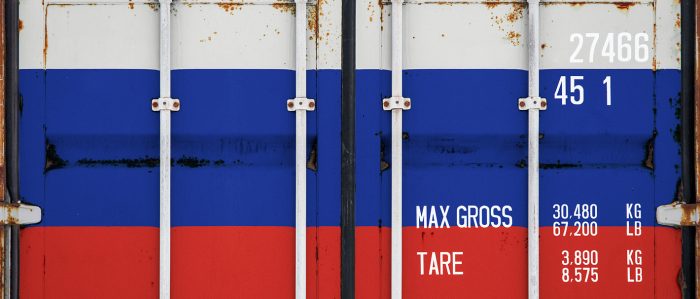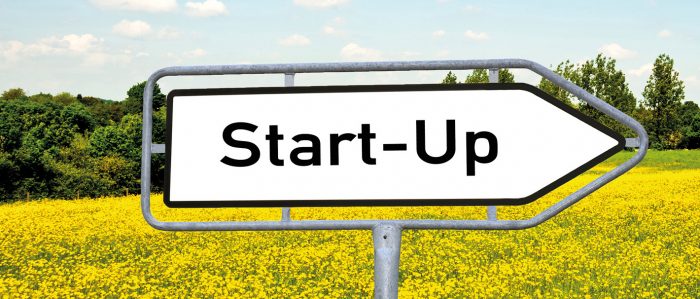The Great Resignation debate suggests that during the coronavirus crisis, workers would have increasingly switched the industry in which they were previously employed. This is not the case for Germany, as the new IAB-LinkedIn Reallocation Radar shows. With this, current transitions on the labour market can be mapped in a timely manner in the future.
During the Covid-19 pandemic, governments around the world responded with a variety of labor market policy tools to prevent job losses. The United States focused primarily on two such programs: Short-Time Compensation and the Paycheck Protection Program. In this interview, Till von Wachter, Professor of Economics at the University of California, will give some insights read full article
More than one million people have fled Ukraine to find refuge in Germany. But how are they doing in the meantime? Between August and October 2022, the IAB together with three project partners interviewed more than 11,000 of these people about their living situation in Germany. The institutes participating in the project have now presented read full article
Young adults are tomorrow’s workforce in times of aggravating skill shortage. Their mental health and well-being decide over their labour market success and influence the future development of the economy. Over the course of the Covid-19 pandemic, associated containment measures, and the economic downturn, the mental health of young people declined – more severely than read full article
Most jobs in essential occupations in Germany have relatively good working conditions. Yet a substantial share of jobs has bad ones, and here migrants are overrepresented.
The interview compares the integration of Urkainian refugees into the German labour market and society with the integration of Syrian refugees in 2015.
Russia’s exports account for a large share of world trade in a few goods and commodities classes. These are most notably nickel, fertilisers, mineral fuels and mineral oils, cereals and wood. Their prices and supply are affected by the war in Ukraine and the underlying economic sanctions. The price changes of those goods and commodities, read full article
Inflation is currently at a record high and will continue to go up as a result of the war in Ukraine and sanctions imposed on Russia. Considering the shortages in the economic environment, there is a risk of stagflation that cannot be coped with by means of demand policy alone. To overcome the crisis, economic read full article
Start-ups drive the development of a medium-sized enterprise sector in eastern Germany more than in western Germany.
Older Posts >>









